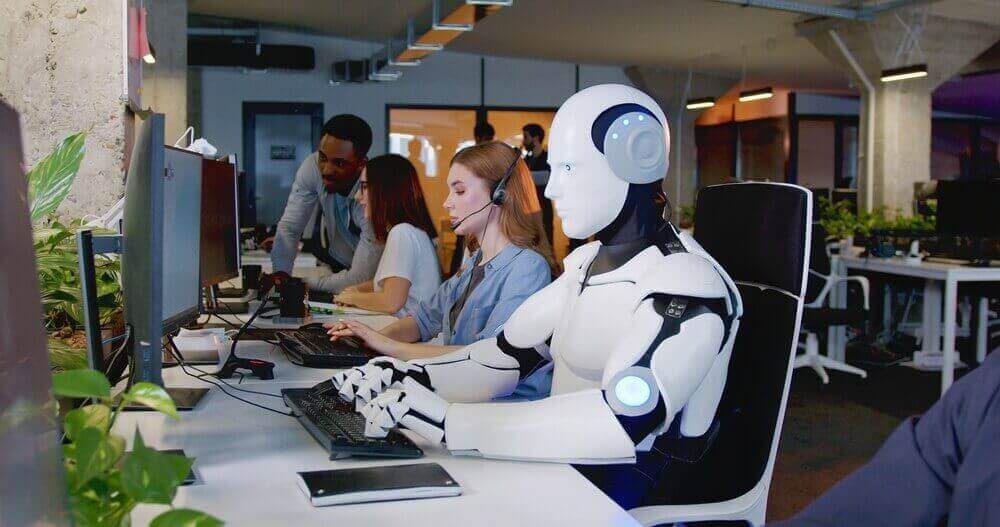AI to Revolutionize the Finance Industry
Artificial intelligence will disrupt the financial industry, adding tens of billions of dollars in profits and automating up to half of the industry’s jobs, according to a Citi study.
High Potential for Automation in Banking Jobs
According to the report, more than half 54% of banking jobs have high potential for automation, more than any other industry. Another 12% of jobs have a high potential to “upgrade”.
GenAI in finance is still largely in the proof-of-concept stage, but Citi says “we are in the midst of a rapid and unprecedented transition.”.
The report says: “Long-standing jobs have been eliminated and replaced by new ones in previous periods of technological change. Many businesses have also disappeared. AI will repeat this cycle and possibly accelerate it.”.
AI’s Financial Impact on Global Banking
While the rise of artificial intelligence may be bad news for jobs, it’s a boon that could push global banking profits to $2 trillion by 2028, a nine percent (or $170 billion) increase over the next five years.
Citi argues that digital-native, cloud-based companies like fintechs and Big Tech can adopt AI faster, and smart incumbent banks will quickly follow suit. But many incumbents, burdened by technological and cultural debt, may be left behind in AI adoption and lose market share.
Citi’s Strategy for AI Integration
The bank aims to avoid being left behind by equipping 40,000 coders with the opportunity to experiment with different AI technologies.
Rival JPMorgan recently announced plans to offer AI training to all new hires to bolster its reputation as an AI powerhouse. Bank CEO Jamie Dimon compared the arrival of artificial intelligence with the development of the printing press and the steam engine.
Challenges in AI Transition
The Citi report warns that while AI can boost productivity, the transition to a “bot-driven” world raises questions about security, regulation, compliance, ethics and competition that must be navigated.
Additionally, “Because AI models can hallucinate and create information that doesn’t exist, organizations run the risk of AI chatbots becoming fully autonomous and negatively impacting the company financially or reputationally.”.




